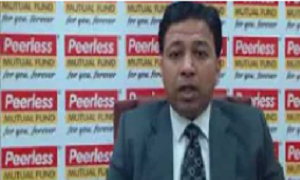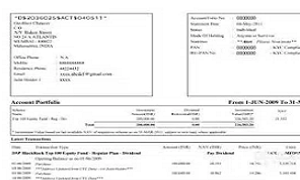It almost pulled the rug from under the feet of many Indians on the evening on 8th November 2016, when PM Modi announced the demonetisation of Rs 500 & Rs 1,000 notes. All the cash that was stashed in our homes, our wallets would be worthless within the next 4 hours. Then a ray of hope shined through the dark clouds when the government announced that people don’t have to worry and they could withdraw new currency or exchange and deposit their old notes, but with limits on withdrawals. Since then, there are long queues outside the banks and ATMs, people start waiting hours before the banks open, people are collapsing in the queues, some are making friends for life in the queues, some are gratifying their philanthropic spirit by serving tea or water to the subjects of misery standing in the queues, etc. And at the end, they receive a skimpy amount which might not even provide for essentials that can last for a week.
In such a situation what do we do?? Queue up with others Or Play Smart?? Do we really need cash to survive?? The answer is No. Technology will help us survive without cash. The Demonetization move is aimed to eradicate black money and corruption from our country, by transforming us into a cashless economy, and technology is the only means through which this move can be implemented.
In the present day scenario, we are not left with a choice, but to adopt technology. There are various digital tools at your disposal which will effectively handle your cash requirements. Following are a few popular techniques which will help you ‘Go Cashless’:
- Electronic Wallets: You don’t have to go to a mobile shop to get your phone recharged, you don’t have to stand in long queues to pay your electricity bill, water bill, mobile bill, etc. Thanks to the digital wallets. You just have to transfer money from your bank account to your wallet and you are good to go. Book movies, flights, hotels; pay bills; purchase groceries, clothes, medicines, toys; pay to the autowalas, retail stores, coffee shops, etc., with your digital wallets. You get the convenience of doing everyday transactions through these wallets, plus you get discounts, plus you get a Cashback on your purchase, which is a cherry on the cake. Paytm, Mobikwik, Freecharge are the popular Digital Wallets.
- Unified Payments Interface (UPI): UPI App is a GOI initiative, through which you can pay or receive money from and to any bank account through a mobile App. You can transact anytime and from anywhere, simple and quick. You don’t have to enter ifsc code, transaction passwords and wait for the payment to complete. You just need to enter a PIN to execute the transaction.
- RTGS, NEFT: In UPI, there is a transaction limit of Rs 1 Lakh. In case, the transaction is of a higher amount, then you have the option of RTGS or NEFT.
- Bank Apps: Many banks have their apps to enable their customers go cashless. Like Digital Wallets, you can add money from your bank account and start paying your bills, movie tickets, buy investments, etc. through your mobile.
- *99#: You just have to dial *99# from your mobile phone, and you can transfer funds, check account balance, etc. without internet connectivity. This facility is available in 11 regional languages. This is called USSD based mobile banking and you can transfer an amount as low as Rs 1 to the max Rs 5,000 in a single transaction. The service is available 365*24*7.
- Plastic Money: You can always use your debit and credit cards for payments, be it online payments or through a swipe machine. Most departmental stores and even small retailers have a card machine. You don’t have to carry heaps of cash with you, your wallet becomes lighter, and the risk of theft is also minimised.
Though Demonetization has caused a short term turmoil, but you can escape the clutter through the above tools. In the long term, it is for the benefit of all. Using Digital methods will not only help us in battling against the cash crunch but will also help in boosting economic growth. When we start paying electronically, it will help in avoiding tax evasion as the sellers have to pay tax on all online transactions. This will result in more tax to the government and more development. Less Paper also means more trees, and a healthy environment.
Go Digital, Go Cashless!



